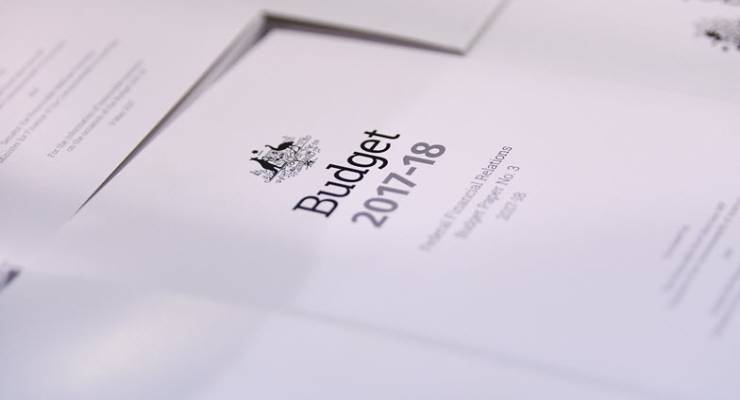
The flurry of opinion polling unleashed in the wake of the budget has been followed by unusually spirited debate about what it all means.
Whether they went about their business through robo-polling (ReachTEL), an online panel (Essential Research), a combination of the two (Newspoll) or live interview phone polling (Ipsos), pollsters have been of one mind in recording Labor with an essentially unchanged two-party lead of around 53-47.
The lack of the fabled “budget bounce” has been grist to the mill of Malcolm Turnbull’s critics on the right, who have been eager to note that his prime ministership had Tony Abbott’s “lost 30 Newspolls in a row” built into its foundation story, and that his budget strategy has clearly been cast with an immediate electoral dividend in mind.
The counter-narrative is that budget bounces are the stuff of mythology, since the average swinging voter isn’t sufficiently tuned in to politics to respond even to a high-impact occasion like budget night.
On this argument, the real significance of the recent policy resets is that the government has inoculated itself against opposition attacks on health and education policy and the related legacies of the Tony Abbott era. It’s also set itself up for a long game that won’t deliver its pay-off until the next election campaign.
Thanks largely to Newspoll and its benefactors at The Australian, there is a rich vein of data to draw on in assessing these competing claims, with Newspoll having asked respondents the same two questions after every budget since 1988: one relating to the budget’s impact on personal finances, the other to the economy as a whole.
These two measures are strongly correlated, but respondents have never once failed to conclude that a budget would be better for the economy than it would be for them personally, with the average difference between the two net ratings (i.e. good minus bad) being 31%.
So while the disparity on the latest numbers may seem fairly remarkable at face value — 36% thought the budget would be good for the economy and 27% bad, compared with 19% and 45% for personal finances– the differential is no more or less than might be expected.
The next point to be noted is that a government’s standing has a greater bearing on the popularity of its budgets than vice-versa.
This can be demonstrated with reference to prime ministers’ net approval ratings — which, unlike voting intention numbers, are unpolluted by the popularity or otherwise of the opposition of the day.
Using an average of the three results before each budget, each point of prime ministerial net approval seems to be worth about 0.6 points on perceptions of a budget’s impact on the economy.
This is by no means an iron rule — Labor’s first two budgets under Kevin Rudd were particularly off trend, since they could never have hoped to match Rudd’s stratospheric personal ratings at the time — but it’s surely no coincidence that a prime minister with a net positive approval rating has presided over a budget with a net negative rating on economic impact.
Malcolm Turnbull is not, on recent form, a popular prime minister, with his net approval ratings hovering in the high minus 20s before a better performance in the latest poll brought it up to minus 20%.
That being so, the middling results for the latest budget aren’t so bad. The plus 9% net result on economic impact is around 7% higher than his recent form would have suggested, and may even help explain his improved numbers in the latest poll.
As for the pressing question of whether budget reactions can also feed into voting intention, the result is a qualified “yes”, but not in a way that does Turnbull any immediate good.
There can be little doubt that the budgets of 1993 and 2014 made all the difference in the world, with both having impacts on two-party preferred in excess of 3%, which persisted for at least the next three months.
As long as these two outliers are included in the equation, there does appear to be a slight relationship between the reception a budget receives and the government’s standing in the polls, but the effect essentially disappears when they are removed.
So while budgets are more than capable of destroying prime ministerships — as they would do, eventually, for Paul Keating and Tony Abbott — there are no obvious precedent over the past three decades of them rescuing one.
That’s not to say that no prime minister has ever dug himself (gender-specific language used advisedly, given the Julia Gillard experience) out of a hole the size of the one Turnbull is in right now.
But when it’s happened, it has been the fruit of long-term strategies patiently pursued — and usually done with help from missteps by the opposition.








Well argued, and your comment that the popularity of the Government has more influence on public attitudes to the budget than the other way round, I think, is true and important.
Just one question re your penultimate par. Do you know of any government that has come back to win an election after being as far behind in the polls as the Turnbull government has been? As I recall, I checked up on Howard’s nadir in early to mid 2001, but even then the Coalition was not doing as badly as it did recently when it got to 45-55. There’s a first time for everything, but it’s an interesting benchmark.